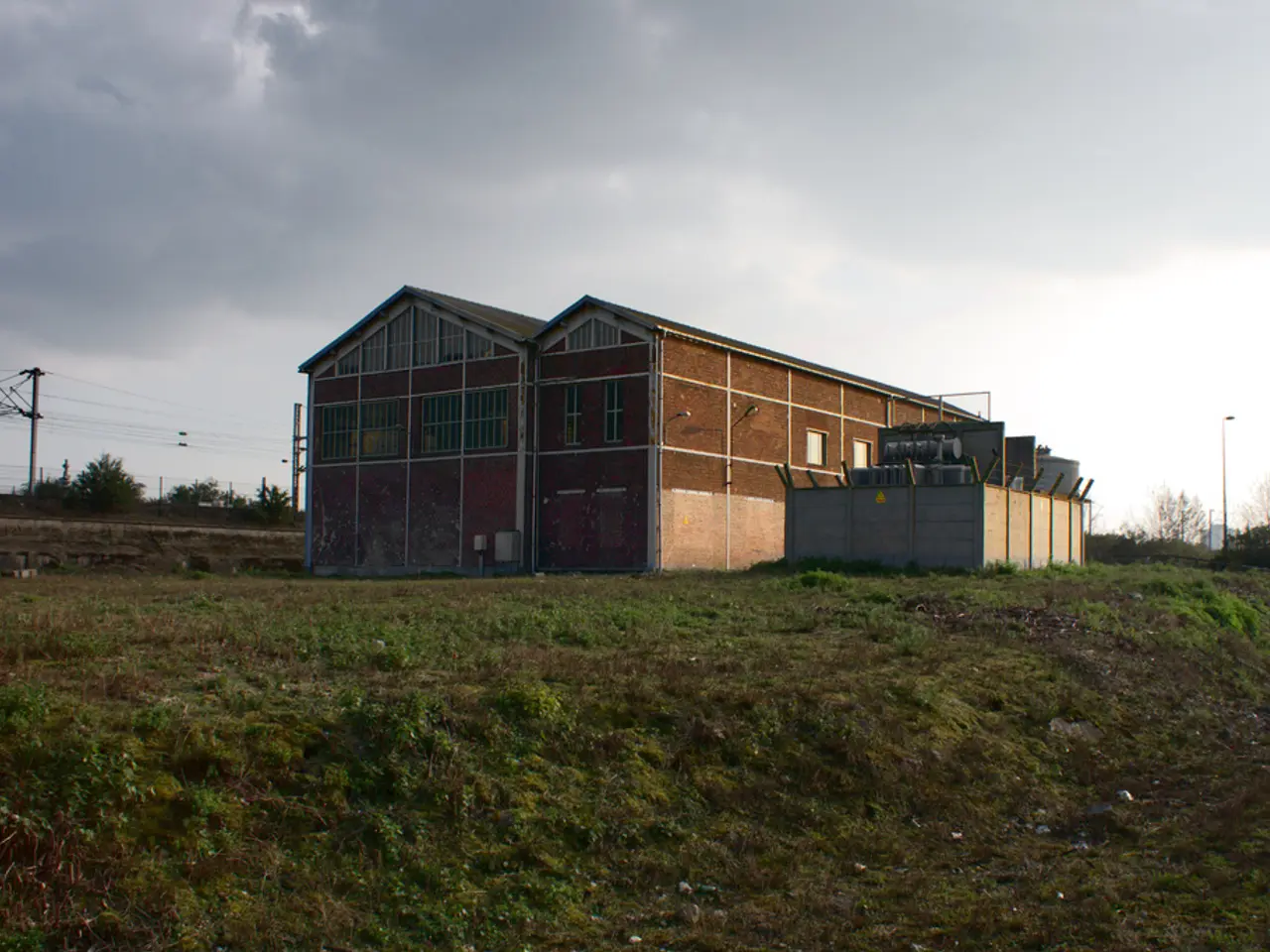Significant fall in solar panel prices over the past decade: Government figures reveal a 73% decrease
In an exciting development for homeowners across the UK, adopting solar power can lead to significant savings on energy bills. According to recent data, homeowners can save between £871 to £1,100 annually on energy bills for a standard three-bedroom house by switching to solar power.
This shift towards renewable energy is made possible by the unprecedented decrease in the cost of solar modules. By the end of 2024, the cost of solar modules is projected to reach a low of £0.10 per watt. This drop in price, combined with technological advancements, has resulted in a 73% decrease in the average cost of a home solar system. A 4kW system, which was £20,000 in 2013, now costs just £9,200.
Joshua Pearce, a GreenMatch Solar Expert and engineer at Western University, highlights that these cost reductions have made solar power more appealing for homeowners due to potential savings and the ability to earn money by selling energy to electricity companies. Pearce, known for his work in photovoltaic technology, agrivoltaics, open-source hardware, and 3D printing, played a significant role in developing low-cost amorphous silicon solar technology at The Pennsylvania State University.
The decline in solar cell costs in recent years in the UK has been driven by improvements in efficiency and reduced production costs, as well as rising costs of fossil fuels due to expanded EU carbon pricing mechanisms (ETS 2) increasing the economic competitiveness of solar energy compared to gas power plants.
The latest government data indicates that the cost of a home solar system has followed a worldwide trend of declining solar panel costs. Many solar panels now surpass 20% - 33% in conversion efficiency, further enhancing their appeal.
The Smart Export Guarantee (SEG) scheme also allows households to sell surplus solar electricity back to the grid at an average rate of 5-6p per kWh, providing an additional incentive for homeowners to invest in solar power.
This shift towards renewable energy is not just financially beneficial but also environmentally friendly. The decrease in solar panel prices means homeowners can manage their energy expenses more effectively while reducing their environmental impact. In fact, solar energy helped prevent 3 million tonnes of CO2 emissions in the UK in 2023, according to GreenMatch.
The cost reductions in solar power are likely to accelerate the country's transition towards a sustainable energy future. Research from Our World in Data claims that solar panel costs have followed a pattern where the more we produce, the cheaper it gets, a trend known as Wright's Law. This pattern, combined with the benefits of economies of scale, improved manufacturing efficiency, and technological advancements, suggests that the future of solar power in the UK looks bright.
The International Renewable Agency's chart illustrates this trend clearly, with the horizontal axis showing the cumulative installed capacity of solar panels and the vertical axis showing the cost of solar panels. The chart shows that every time solar panel installed capacity doubles, costs fall by about 20%. Over the past few decades, the cost of clean energy technologies has dramatically decreased globally, making sustainable energy more affordable for households.
As we move towards a more sustainable future, the UK's transition to solar power is a promising step. With the continued decline in costs and the increasing efficiency of solar panels, it's never been a better time for homeowners to consider investing in solar power.
Read also:
- Fresh Strategies Embraced for Eco-Friendly Design Solutions
- Weekly developments in the German federal parliament, the Bundestag
- Solar Shutdown: Merz Proposes Billions of Gas Discharge - Reverse Plan
- New guidelines for NEPA processes unveiled by federal agencies, in alignment with Executive Order 14154 and the Seven County Decision of the Supreme Court








